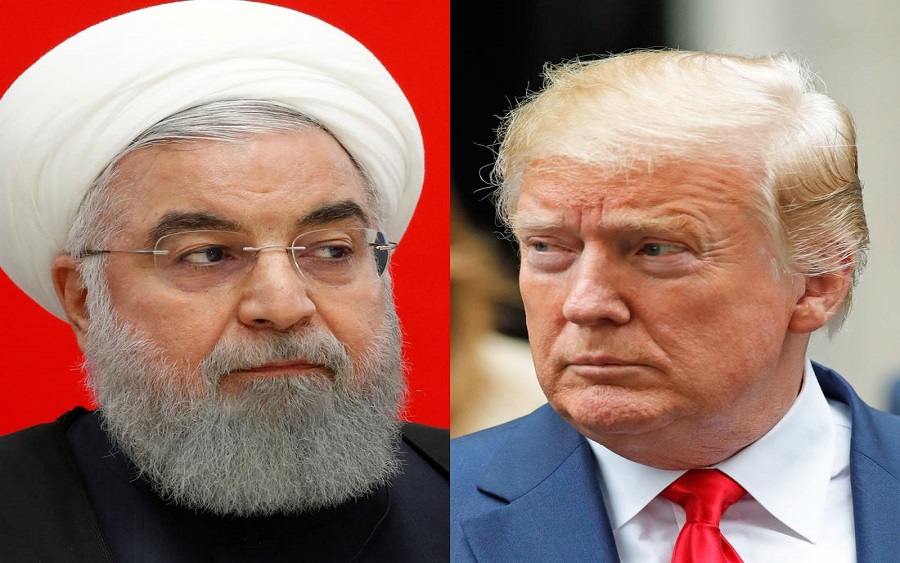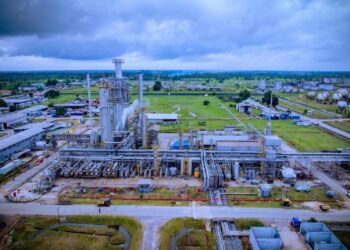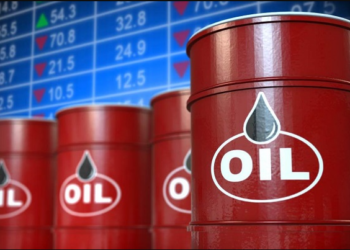Last week, the United States of America claimed responsibility for the assassination of a senior Iranian general, Qassem Soleimani, warning Iran not to retaliate. However, Iran has vowed to retaliate the death of one of its most respected generals.
We think the impending face off between both countries puts the supply of crude oil in the international market at severe risks even as OPEC+ continues its move to tighten oil supply from the bloc.

Concerns of disruption of oil supply are very valid on two fronts; the US has threatened to attack Iran’s oil installations while Iran sits at the very top of the Strait of Hormuz where about 20.0% of global crude supply passes (Saudi Arabia, Qatar, Iran etc.). These threats have since led to a spike in oil prices with Brent crude futures breaking the US$70.0/bbl mark before settling lower yesterday.
The 2020 budget was based on an oil price benchmark of US$57.0/bbl and production benchmark of 2.18mb/d. We consider the production benchmark rather optimistic given historical production levels have barely breached the 2.0mb/d mark while Nigeria’s commitment at the OPEC+ supply cut agreement remains a limiting factor to expanding production.
[READ MORE: Power: Liquidity crisis, same old story in 2020?)
However, the geopolitical tensions in the Middle East if prolonged and become more severe would likely push oil prices higher which would be positive for Nigeria’s oil revenue target. While we note that the excess revenue above the budget price benchmark flows to the Excess Crude Account, the presidency has the power to withdraw from the account to share between the federal and other tiers of government if the need arises.
On the negative, higher brent prices could worsen the cost of fuel subsidy considering that the federal government continues to operate its implied subsidy regime through the “under-recovery program” with NNPC. Our previous estimate of subsidy payments amounted to N33.60/litre (see CSL Nigerian Daily, 3 September 2019) when brent hovered between US$66/bbl – US$67/bbl.
Considering Nigeria’s consumption of c.20.0 billion litres of PMS per annum, brent climbing higher could see the federal government spend more to subsidise PMS as we expect subsidy to trend high above N40/l. Overall, we believe the positive effect of increased oil revenue and foreign exchange reserves would outweigh the increase in the cost of fuel subsidy.
Furthermore, we note that talks of naira devaluation have been rife while the Naira has recorded noticeable pressures in the I&E window, trading close to N365/US$. We think higher oil prices would significantly strengthen the CBN’s reserve position and thus its ability to sustain interventions in the I&E window. Against this backdrop, we believe rhetorics of a currency devaluation will be quelled at least within the first half of the year.
________________________________________________________________________
CSL STOCKBROKERS LIMITED CSL Stockbrokers,
Member of the Nigerian Stock Exchange,
First City Plaza, 44 Marina,
PO Box 9117,
Lagos State,
NIGERIA.























